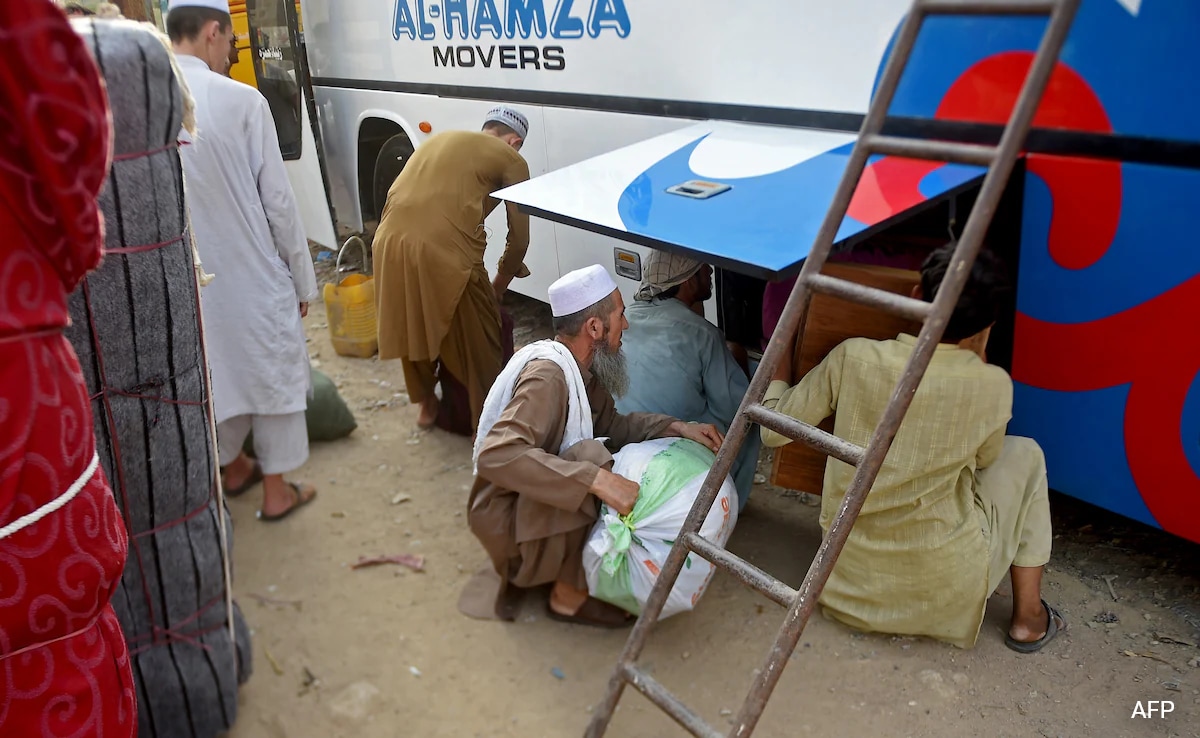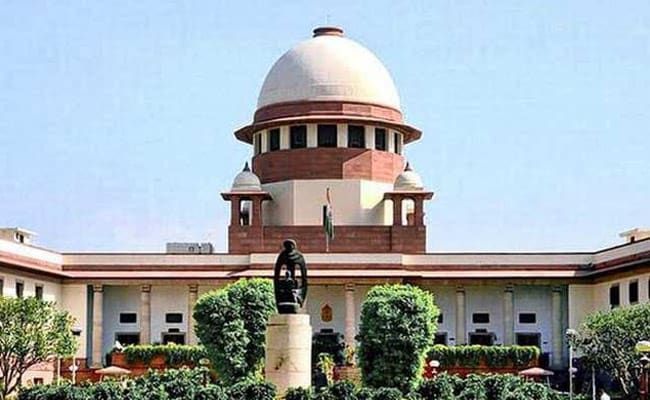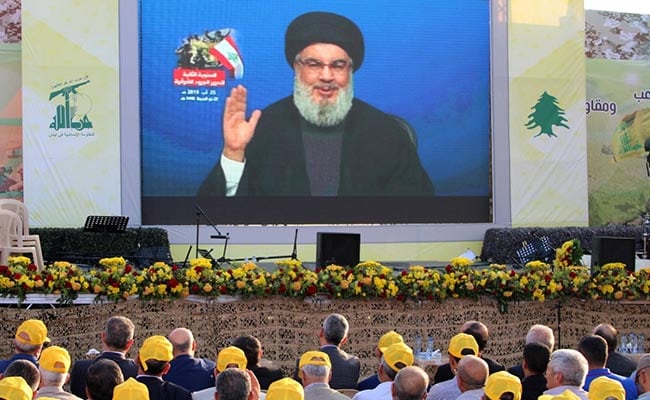An Egyptian policeman shot dead two Israeli tourists and their Egyptian guide Sunday, local media and Israeli authorities said, as war raged for a second day between Israel and Palestinian militants.
Israel’s National Security Council later said its citizens should consider not travelling abroad particularly in the Middle East “on the backdrop of the attack in Egypt.”
It said visitors already in Egypt should leave “as soon as possible.”
The policeman fired “at random” at an Israeli tour group visiting Alexandria using “his personal weapon”, the state-affiliated private television Extra News said, quoting a security source.
A fourth person was wounded and the policeman was “immediately arrested”, it added.
The Israeli Foreign Ministry confirmed the deaths in a statement.
“This morning during a visit of Israeli tourists in Alexandria, Egypt, a local opened fire at them, murdering two Israeli citizens and their Egyptian guide,” it said.
“In addition, there is a wounded Israeli in moderate condition.”
Israel’s National Security Council added “there is a fear of a rise in motivation of terror groups and lone assailants” who could carry out attacks on Israelis abroad.
Cairo had not immediately commented on the attack against the tourists.
The deaths came as fighting raged after Palestinian militants on Saturday launched a multi-pronged attack on Israel, which has declared war on the Hamas movement and launched air strikes on Gaza.
Egypt was the first Arab country to forge a peace deal with Israel in 1979, and has long served as an intermediary between Israel and the Palestinians.
Israeli tourists regularly visit Egypt but, despite the diplomatic relations, Israel remains largely unpopular among Egyptians.
In June, three Israeli soldiers were killed in a firefight at the border with Egypt by a member of the Egyptian security forces who crossed the boundary “in pursuit of drug traffickers”, according to the Egyptian army.
On Saturday, Egypt’s President Abdel Fattah al-Sisi warned of a “vicious cycle of tensions threatening regional stability and security”.












